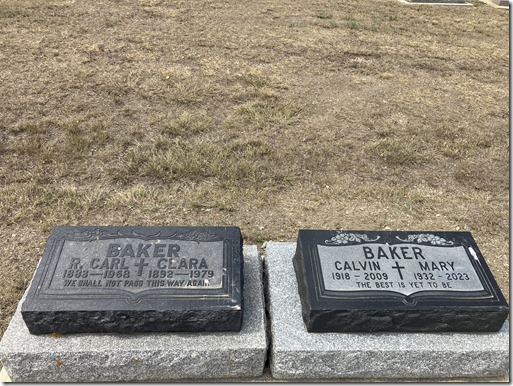CAREY NIEUWHOF: For the average pastor, or priest in your tradition, who’s
53, which is close to the average age of pastors these days, where do they play to
their strengths? Where do they hit their head against the wall?
ARTHUR BROOKS: Their strengths are coaching and teaching, coaching and
teaching. So it’s, you always move into a role where you’re identifying talent and
developing talent as you get older. That’s what you want to be doing.
CAREY NIEUWHOF: So you’re less the operator, more the sage.
ARTHUR BROOKS: You’re more the instructor. Always it’s your instructor curve.
Now that also means that you’re instructing people at a broad level, but not trying to
have the big original breakthrough, helping to interpret what is out there and what
it actually means. So that means that, by the way, that one of the greatest things you
can do as a theologian late in life is write commentary.
All right is actually writing commentary, because you’re pulling from a million
different sources and you’re saying how it all hangs together and you need to know
a lot, you have to have a big library in your head.
Plus, you’re trying to explain it to other people. So you’re a teacher. So that’s an ideal
kind of thing to do, for example. So if you’re going to be doing pastoral work, you
want to make sure that it’s especially good to be doing pastoral work for younger
people in the profession.
As you get older cultivate the newer people in the profession if you can go into
teaching a class or two and then be doing the kind of synthetic work that looks big
picture as opposed to having the new huge breakthrough that nobody’s ever seen before.



